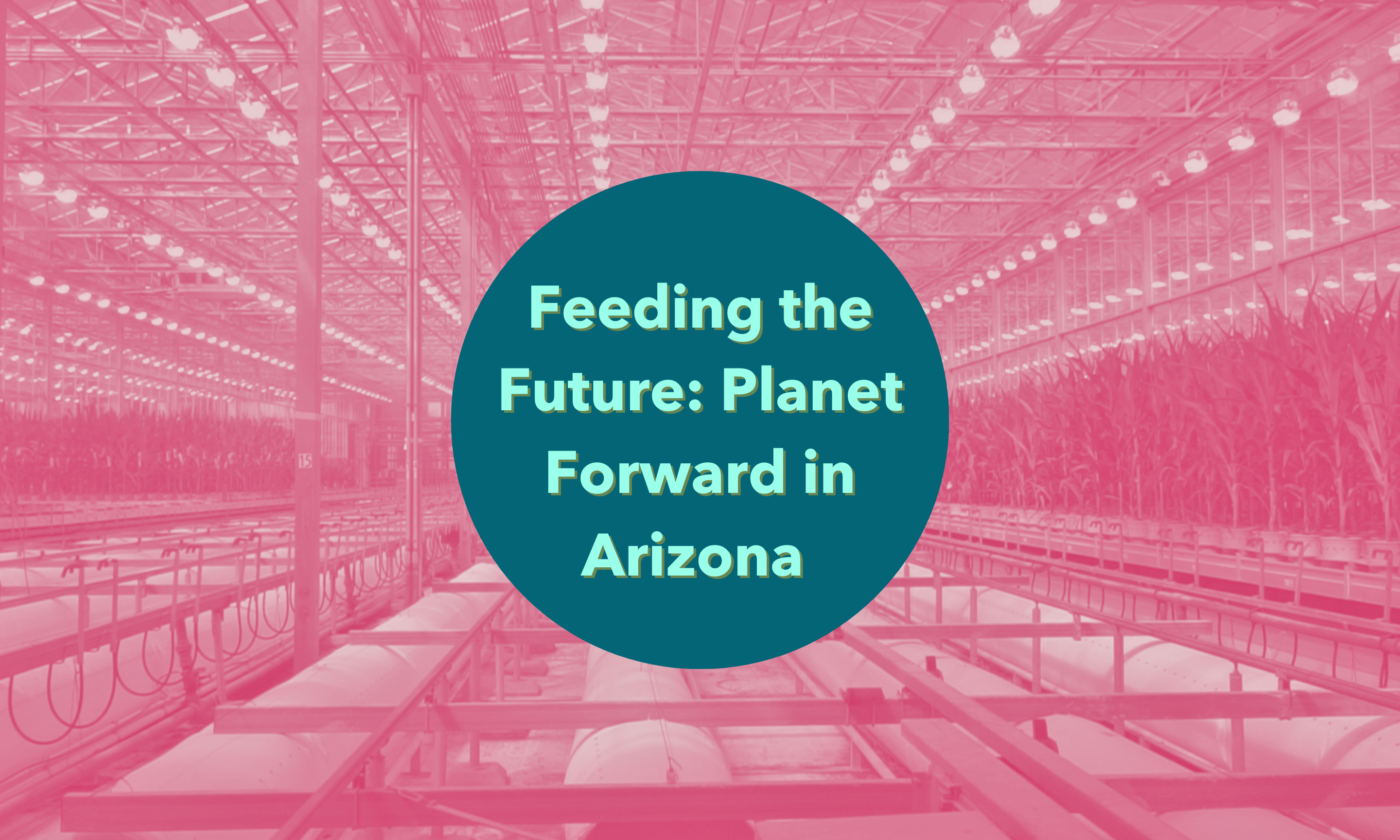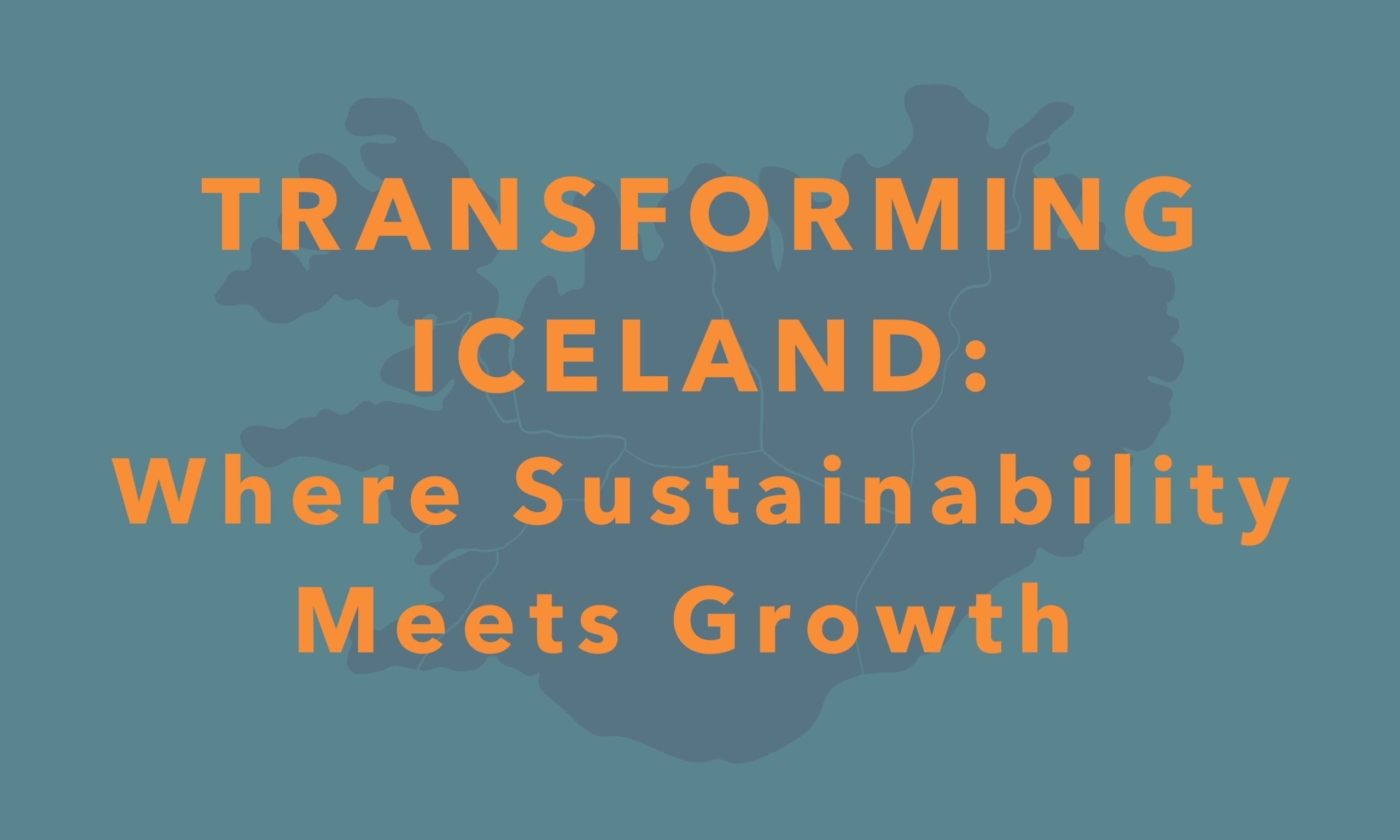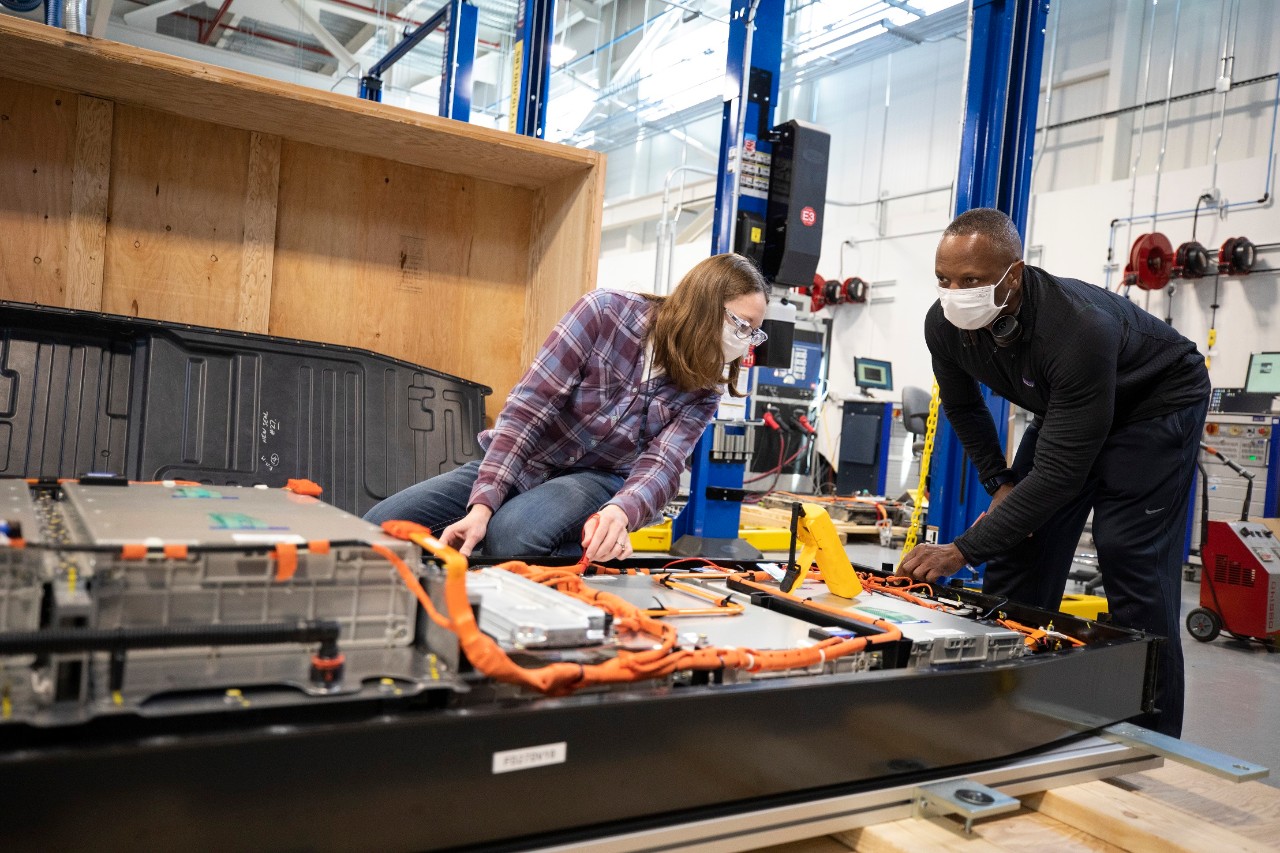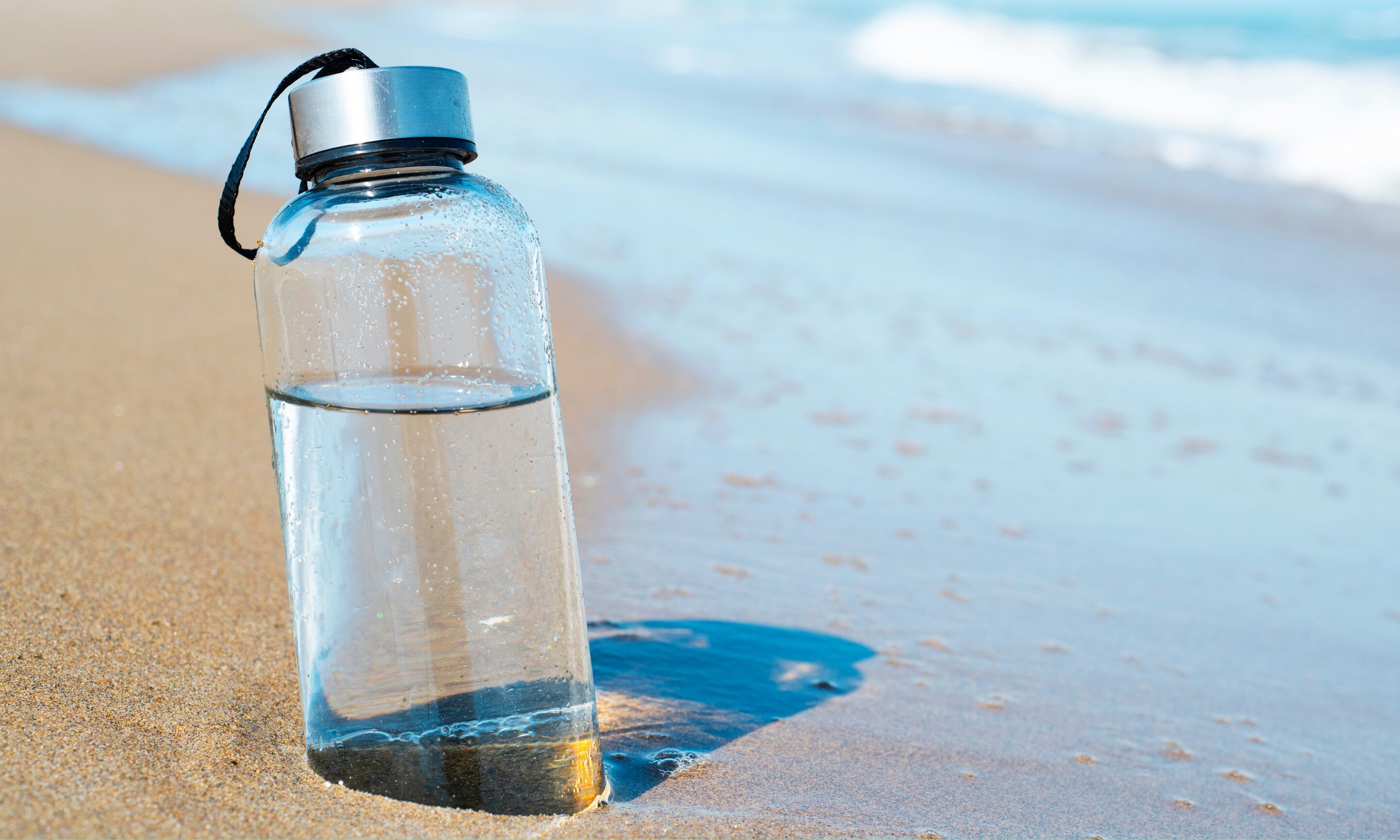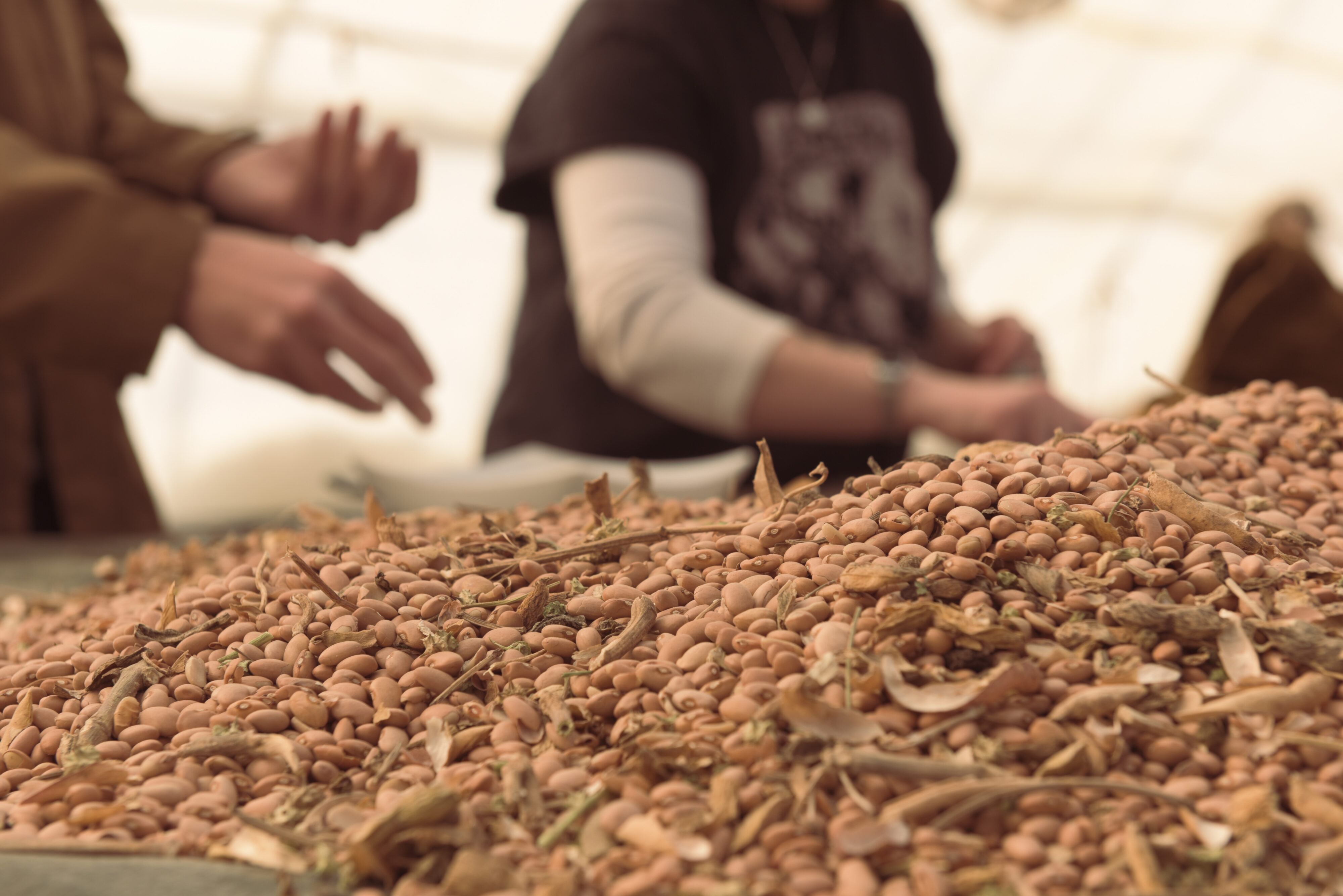The Sustainable Solar Sanitation Project
The Sustainable Solar Sanitation Project is a collaboration of the Georgia Institute of Technology, the Emory University Center for Global Safe Water, and Sumaj Huasi, a Bolivian non-profit organization. This team is working to address the issue of sanitation in developing countries through the development of a dry latrine system that provides sustainable, affordable, and safe treatment of human waste using the sun’s energy. A system has yet to be developed that will effectively inactivate Ascaris cysts, which can present a major health risk to those in communities with inadequate sanitation facilities. Researchers are working to create a latrine that captures both solid and liquid wastes, providing space to store solid waste for a specified time, exposing it to concentrated sunlight in order to deactivate and kill all pathogenic organisms, then uses the deactivated waste as fertilizers in a revenue generating microenterprise. The research team has fielded several prototypes in remote areas of Bolivia and, using the lessons learned from field experience, is currently working to refine the design to make it more robust, effective and profitable.








